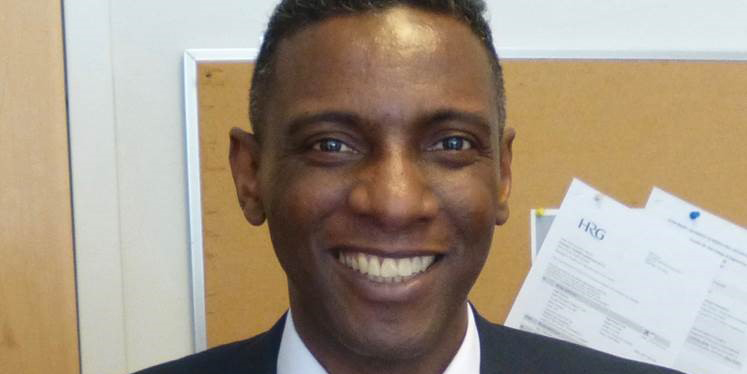
October 25, 2016, by Paula Akpan
Black History Month Colloquium
Dr Meghan Gray from Physics and Astronomy talks about how the School is celebrating Black History Month by reflecting on how to reach traditionally underrepresented groups.
Pathways to impact. Public outreach. Student recruitment. Research Excellence. Most academics will relate to the familiar feeling of trying to juggling multiple balls when setting priorities for academic work.
One key challenge we face is how to better connect with groups of people who may not normally see STEM subjects as areas as viable career paths. It’s clear that there is no one-size-fits all method for public engagement. Novel, innovative, and targetted approaches are required to make those key connections. Above all, we want to avoid preaching solely to the converted. But what is the best way to reach communities who are currently underserved by traditional outreach activites?
In my own field of physics, a great deal of attention and effort has been put into improving the long-standing poor gender balance — only ~20% of A-level physics students are female. However, there is increasing awareness of the impact of ethnicity, disability, and socioeconomic background on access to and attainment in physics. STEM subjects are vaunted for opening doors to a huge variety of good career paths. But how do we ensure that our STEM workforce accurately represents the wide and diverse nature of today’s society: both to bring the widest pool of talent to the table, as well as to ensure equal opportunity to access the benefits that a STEM career brings?
This week, the School of Physics and Astronomy is delighted to host Dr. Mark Richards for a colloquium to discuss his numerous widening participation and outreach programs that aim to encourage more young people from underrepresented groups to study STEM subjects. Dr. Richards is a Senior Lecturer and Head of Outreach in the School of Physics at Imperial College London, whose research interests involve atmospheric remote sensing. He will discuss the role that interdisciplinary research can play in demonstrating impact of research ‘beyond academia’, while at the same time engaging young people from non-traditional backgrounds in STEM.
Dr. Richards’ innovative approach is illustrated by his comment: “I love to experiment with sound waves (DJ & remixing) in much the same way as I enjoy research into the behaviour of light waves (spectroscopy), both can stimulate the mind and provide a deeper insight into our physical world but from very different perspectives.”
All are welcome to attend.
No comments yet, fill out a comment to be the first

Leave a Reply